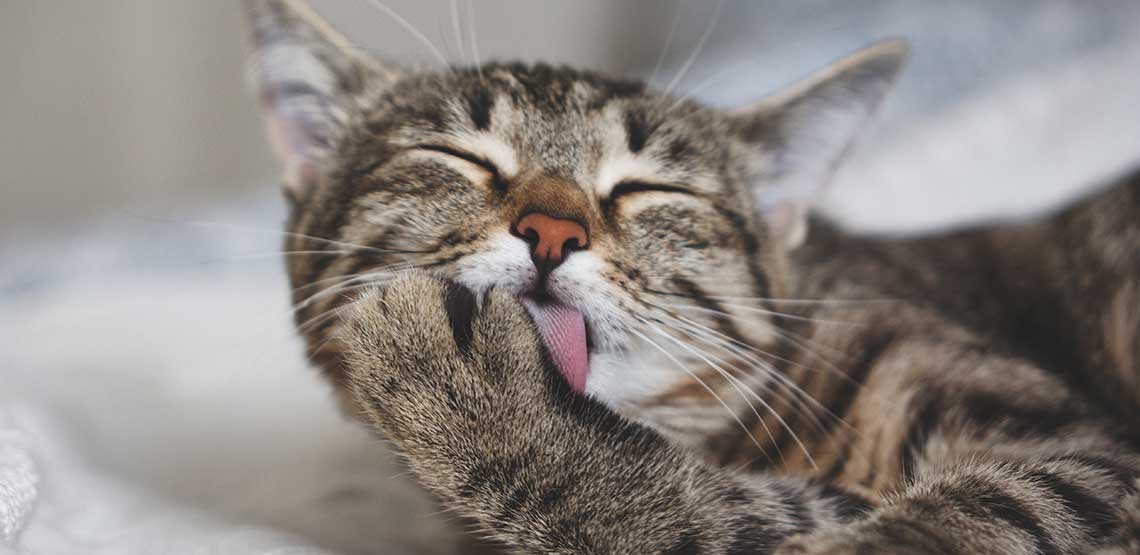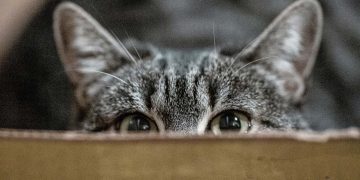Hairball Remedies for Cats
Hairballs are an issue that many cats and their owners have to deal with. Most vomiting done by cats is the result of hairballs. While infrequent hairballs aren't much of a concern, if a cat is having hairball trouble frequently, the cause must be dealt with. Fortunately, there are many hairball remedies that can be done at home.
How Cat Hairballs Develop
First one must understand what a hairball is. Hairballs are exactly as they sound: balls of hair that are vomited from the stomach. When cats groom themselves, they ingest loose hairs. In most cases these are passed out normally as waste, but occasionally, a hairball develops. When this happens, the cat may begin throwing up, gagging or making choking noises.
You May Also Like:
Related Search Topics (Ads):
While no cat is immune to hairballs, they are more likely to develop in long-haired cats such as the Maine coon or cats that shed frequently. In some cases the hair may cause a blockage in the stomach, so you'll need to consult a vet. This can be avoided, however, with proper hairball control.
Hairball Control and Hairball Remedies
Preventing hairballs can be done with a little foresight. For long-haired cats, daily brushing can prevent the amount of hair they ingest while grooming. Even short-haired cats like the Russian blue need regular brushing, though not as often. If an owner is unable to brush their cat daily, then a wall-mounted brush may help solve the problem. These brushes are placed near a corner and the cat can rub itself against it. Most cats love these and will use them often.
If cat hairballs are already an issue, or if grooming alone is not working, hairball remedies may be needed, and there are many to choose from. Most cat hairball medicine comes in a tube and may be flavored to appeal to the cat. A half-inch to one-inch length of medicine is usually squeezed onto the cat's front paw, where it will lick it off. These medicines help lubricate the hairball so it will pass through its digestive tract with no further problems.
In rare cases, surgery by a vet may be required to remove a compacted hairball. If hairball medicine has been administered three or four times and the cat is still gagging or coughing, plus its stomach feels swollen and hard, a visit to the vet is required.

